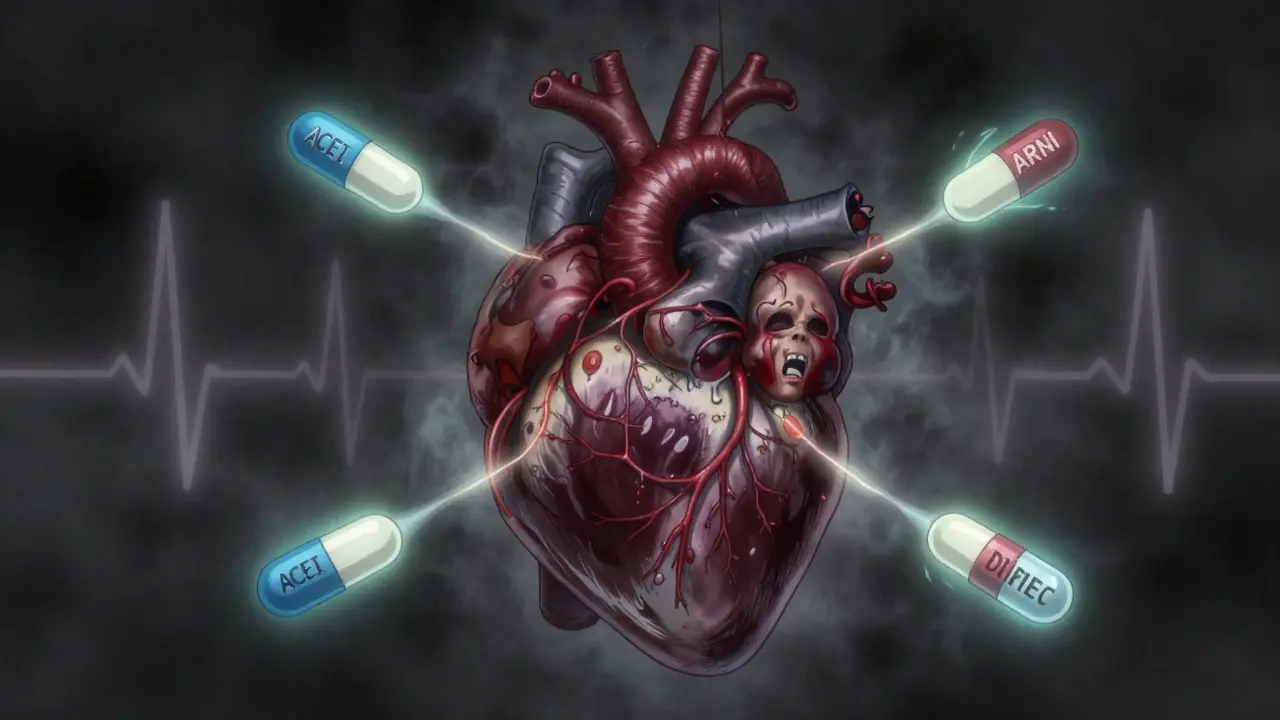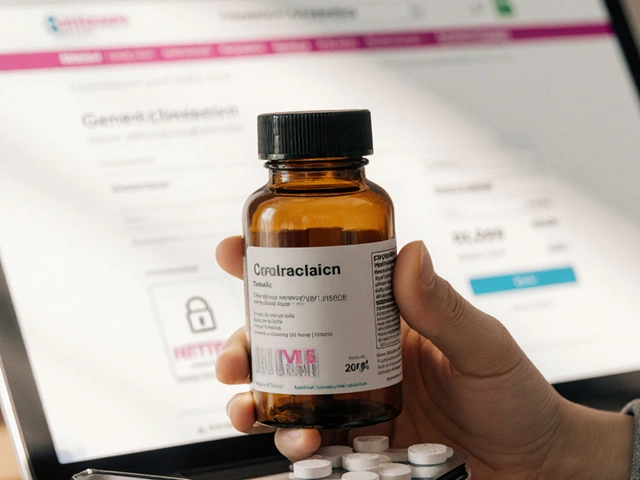Beta Blockers: What They Are, How They Work, and Why You Might Need Them
If you’ve ever been told to take a beta blocker, you might wonder what the fuss is about. In plain terms, beta blockers are medicines that calm down your heart’s workload. They block the “beta” receptors that adrenaline hits, which slows your heartbeat, lowers blood pressure, and reduces strain on the heart.
Doctors prescribe them for a bunch of reasons: high blood pressure (hypertension), irregular heartbeats (arrhythmias), chest pain from blocked arteries (angina), and even after a heart attack to keep the heart from over‑working. Some newer versions also help with tremors or migraines, but the core idea stays the same – they act like a brake for your cardiovascular system.
Common Types & When They’re Used
There are several beta blockers on the market, and they differ in how long they last and whether they affect only the heart or also other parts of the body. The most popular ones include:
- Metoprolol – often used for high blood pressure and after‑heart‑attack care.
- Atenolol – a short‑acting option good for controlling angina.
- Propranolol – works on both heart and nervous system, handy for tremors and migraine prevention.
- Carvedilol – blocks extra receptors, making it useful for heart failure patients.
The right one depends on your condition, other meds you take, and how your body reacts. Your doctor will pick the best fit after reviewing your health history.
Side Effects You Should Watch For
Like any medication, beta blockers come with a list of possible side effects. Most people feel fine, but it’s good to know what could pop up:
- Fatigue or dizziness – your heart is working slower, so you might feel less energetic.
- Cold hands and feet – reduced blood flow can make extremities feel chilly.
- Sleep disturbances – some users report vivid dreams or trouble falling asleep.
- Lowered libido or erectile issues – hormones and circulation changes can affect sexual function.
- Slow heart rate (bradycardia) – if the dose is too high, your pulse may drop below a healthy range.
If any of these become severe or don’t go away after a week, give your doctor a call. Never stop taking a beta blocker abruptly; sudden withdrawal can cause your heart rate to spike and trigger chest pain.
People with asthma, certain lung diseases, or diabetes need extra caution because beta blockers can tighten airways or mask low‑blood‑sugar symptoms. Your prescriber will adjust the dose or choose a different drug if you fall into these categories.
Another practical tip: take your beta blocker at the same time every day, preferably with food to reduce stomach upset. If you miss a dose, take it as soon as you remember—unless it’s almost time for the next one, then just skip the missed pill and continue normally.
In summary, beta blockers are powerful tools for managing heart‑related problems. They work by slowing the heart, lowering blood pressure, and easing the strain on your cardiovascular system. Knowing the common types, typical side effects, and safe usage habits helps you stay in control of your health while reaping the benefits.
Got more questions about a specific beta blocker or how it fits into your treatment plan? Chat with your pharmacist or doctor—they’re there to make sure the medication works for you without unnecessary hassle.

Heart Failure Medications: ACEIs, ARNI, Beta Blockers, and Diuretics Explained
Learn how ACE inhibitors, ARNI, beta blockers, and diuretics work together to treat heart failure, reduce hospitalizations, and save lives. Understand dosing, side effects, real patient experiences, and why many still don’t get the best care.

Bisoprolol Alternatives: Calcium Channel Blockers vs Low-Dose Beta Blockers for A-Fib Rate Control
A no-nonsense guide comparing calcium channel blockers and low-dose beta-blockers as bisoprolol alternatives for A-Fib rate control, with real-world tips, pros, and cons.




